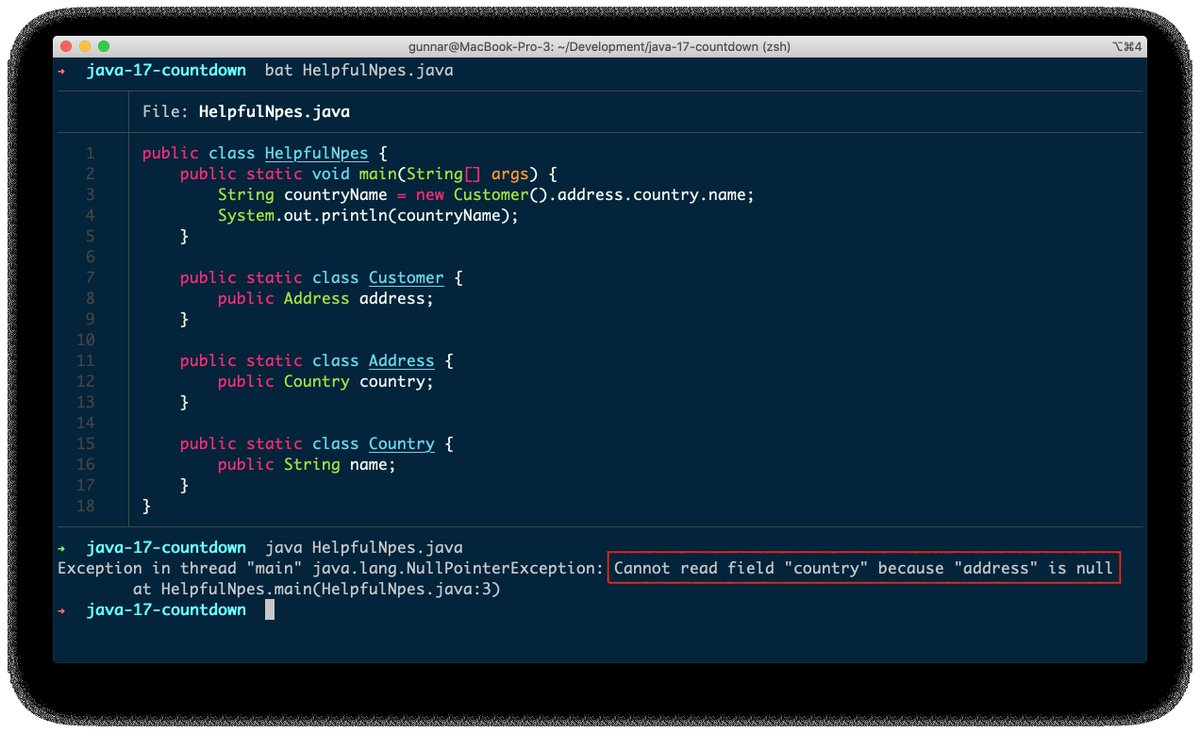
👋 Hey students, the JBoss community is part of #GoogleSummerOfCode, and @debezium is looking forward to your project proposals! Some ideas at spaces.redhat.com/display/GSOC/G… (e.g. a Debezium JDBC sink connector, ZOMG 🚀).
Interested? Get in touch via email: groups.google.com/g/debezium
Interested? Get in touch via email: groups.google.com/g/debezium
Project idea 1⃣: A stand-alone tool for compacting the schema history topic of Debezium connectors, allowing for faster start-up of connectors with large histories.
spaces.redhat.com/display/GSOC/G…
spaces.redhat.com/display/GSOC/G…

Project idea 2⃣: Porting the Debezium Cassandra connector to Debezium Server, allowing for a unified user experience across all the different connectors.
spaces.redhat.com/display/GSOC/G…
spaces.redhat.com/display/GSOC/G…

Project idea 3⃣: Implementing a JDBC sink connector which is fully aware of the Debezium event format and semantics, allowing for a simpler configuration of end-to-end data pipelines.
spaces.redhat.com/display/GSOC/G…
spaces.redhat.com/display/GSOC/G…

Interested in any of these project ideas, or have your own idea for a potential #Debezium GSoC project? Let us know via the mailing list (link above) or the chat at debezium.zulipchat.com/#narrow/stream… 🚀.
• • •
Missing some Tweet in this thread? You can try to
force a refresh





